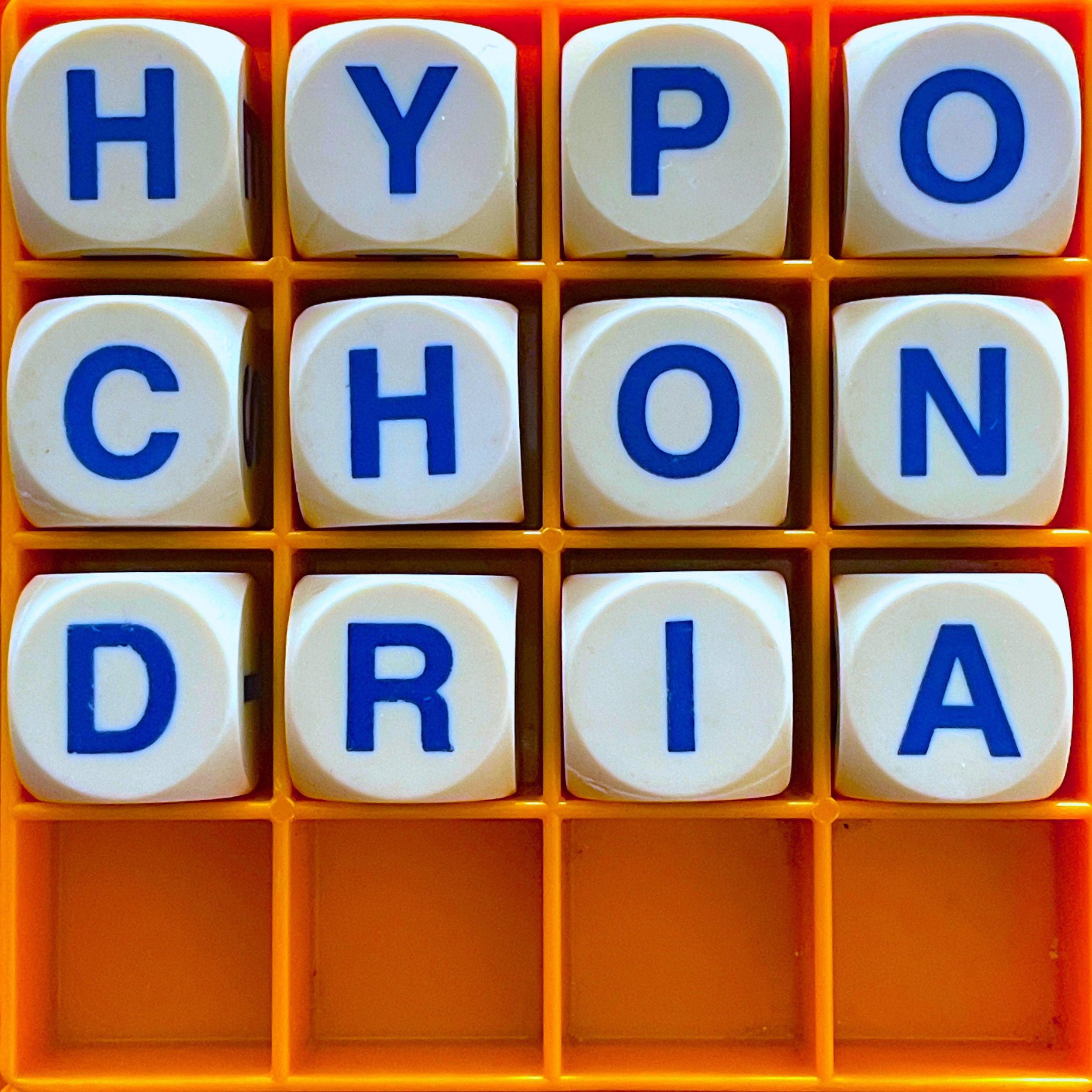The word 'hypochondria' has travelled from meaning physical ailments in a particular region of your body, to ones that are only in your mind. It has been in fashion, and thoroughly out; it has been subject to a range of treatments; it has been lucrative for quacks; and it's a very understandable form of anxiety - which I have, and so does Caroline Crampton, author of the new book A Body Made of Glass: A History of Hypochondria.
Read moreAllusionist 180. Project ENABLE
Sterling Martin was in grad school, studying C. elegans worms, when COVID19 hit and suddenly he found himself in lexicography, as part of a team creating a Navajo-English dictionary of science terms.
Read moreAllusionist 169. The Box
Erwin Schrödinger is one of the "fathers of quantum mechanics". He also sexually abused children. Trinity College Dublin recently denamed a lecture theatre that had been named after him - but his name is still on an equation that won the Nobel Prize for physics. And a cat.
Writer and historian Subhadra Das recounts how and why you rename a university building, and retired physicist Martin Austwick considers that renaming an eponymous equation or theory might be more difficult than unscrewing a sign from a wall.
Read moreAllusionist 159. Bufflusionist
Grab your stake and crucifix pendant, we're going vampire-hunting! Well, vampire-etymology-hunting. The podcast Buffering the Vampire Slayer, which recaps the TV show Buffy the Vampire Slayer episode by episode, invited me to answer their listeners' questions of language that the show had provoked. Together with BVTS hosts Kristin Russo and Jenny Owen Youngs, I tackle the etymology of coven, vampire/vampyre, wigging out, the name Buffy and Bovril; as well as google as a verb, conlang on TV, and why Latin is so often the language of spells and spookiness.
Read moreAllusionist 143. Hedge Rider
Today it's the etymologies you requested! And a few you didn't! We've got witches, wizards, warlocks; conjurers and cloves; wood shavings, nice gone nasty, and a whole lot more. Plus, a bold method of scaring away a ghost, if you must.
Read moreAllusionist 114. Alarm Bells
How to communicate about climate in a way that results in useful action.
Read moreAllusionist 113. Zaltzology
Alie Ward and I cover etymologies of words including ‘buxom’, ‘mediocre’, ‘coccyx’, ‘lacuna’, bust some etymological myths, discuss some broader attitudes towards language, and wonder why so many people hate the word ‘moist’.
Read moreAllusionist 80. Warm Front
Today will be fine.
But wait: fine as in 'OK', fine as in 'really rather good', or fine as in 'no precipitation'? When you're a TV weather forecaster, you have to deal with the mismatch of your specialist vocabulary with that of the meteorological laypeople watching - as well as cover all the weather across a whole country, translate conditions into something the viewer can identify with, and warn people about cyclones without making them too panicked. (Or not panicked enough - do take sensible cyclone precautions, people!)
Nate Byrne, who presents the weather for the Australian Broadcasting Corporation's News Breakfast, breezes in to shower us with meteorological knowledge.
Read moreAllusionist 74. Take A Swear Pill
CONTENT WARNING: there is swearing in this episode. But the happy news is: swearing is good for you!
Read moreAllusionist 64: Technobabble
You've encountered technobabble when Doc Brown is shouting about flux capacitors in Back To The Future, or when Isaac Asimov writes about positronic brains. Astrophysicist Katie Mack and NASA JPL technologist Manan Arya discuss how science fact relates to science fiction.
Read more









